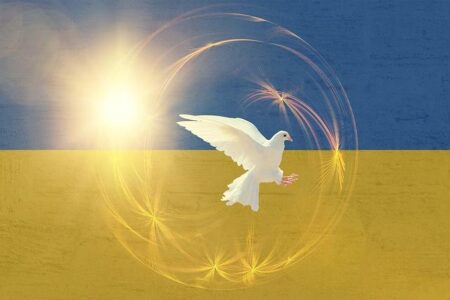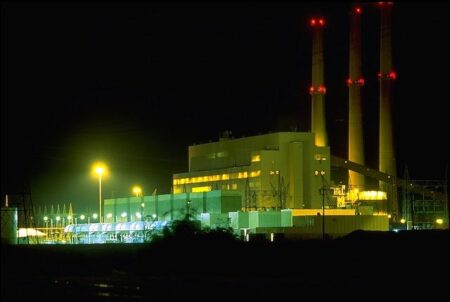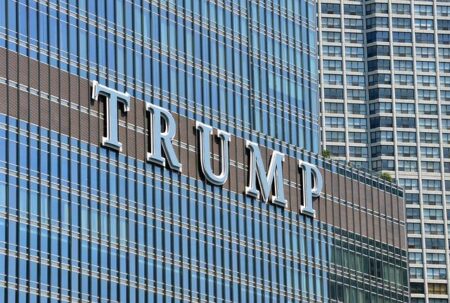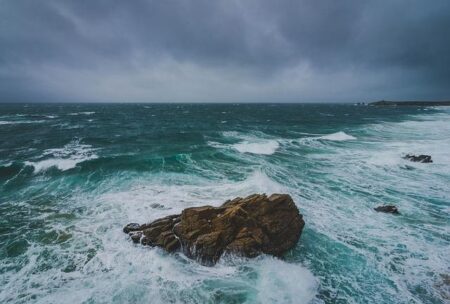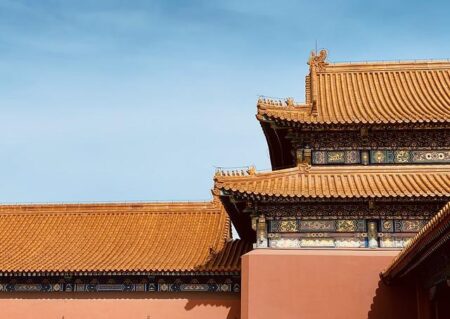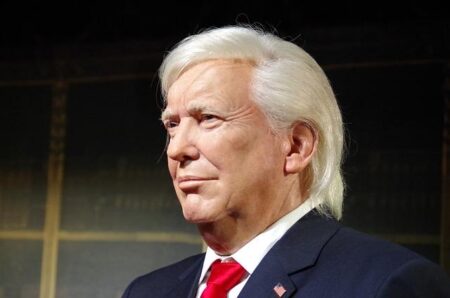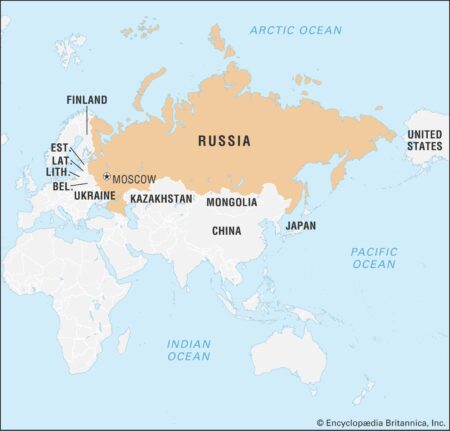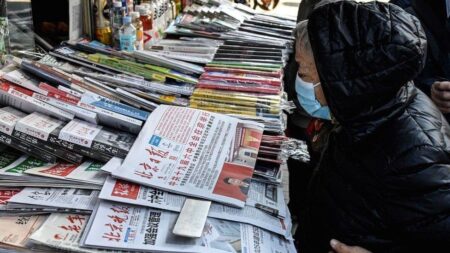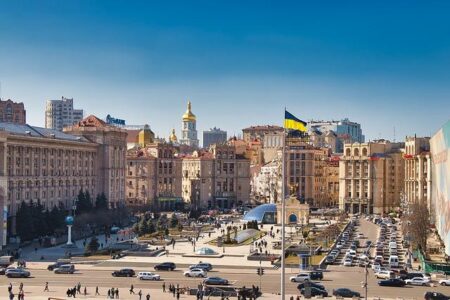Germany is rethinking its fiscal constraints to bolster European defense capabilities, signaling a shift in its long-standing budgetary policies. This move aims to enhance military readiness and strengthen NATO partnerships amid rising geopolitical tensions.
Browsing: Geopolitics
Britain and France are refining their Ukraine peace proposal ahead of an upcoming trip to Washington. The collaborative effort aims to address ongoing conflict challenges, signaling a strategic commitment to diplomatic solutions in Eastern Europe.
According to the Atlantic Council, Europe possesses the necessary resources to reinforce its defense capabilities while supporting Ukraine in its ongoing conflict with Russia. This strategic assertion highlights Europe’s potential to bolster regional security and deter aggression.
In response to the U.S. suspension of certain military aid, France has stepped up its support for Ukraine by offering intelligence assistance. This move underscores Europe’s commitment to bolstering Ukraine’s defenses amid ongoing tensions with Russia.
As COP30 approaches in Lula’s Brazil, advocacy groups are emphasizing the need to resist the dominance of fossil fuels. Strategies focus on sustainable energy transitions and mobilizing global voices to challenge corporate interests that hinder climate progress.
The Trump administration has conveyed to Australia that its planned $56 billion defense spending falls significantly short of strategic needs. This warning highlights concerns over regional security dynamics and the necessity for increased military investment.
In a recent statement, Canadian Prime Minister Justin Trudeau criticized former President Trump’s tariffs as “dumb,” suggesting they are part of a broader strategy aimed at facilitating a potential U.S. annexation of Canada. Trudeau’s remarks underscore heightened tensions between the neighboring nations.
Ukrainian President Volodymyr Zelenskyy expressed pessimism regarding the prospects for peace in the ongoing conflict with Russia, stating that the resolution remains ‚Äúvery, very far away.‚ÄĚ His comments highlight the enduring challenges facing both nations.
France and Britain’s leaders are traveling to Washington to appeal to President Trump to maintain support for Ukraine amidst ongoing tensions with Russia. Their visit underscores the importance of international cooperation in safeguarding Ukraine’s sovereignty.
A recent report by POLITICO Europe highlights concerns that China could leverage its dominance in wind turbine production to exert economic pressure on Germany. This potential “blackmail” could threaten Germany’s energy transition and industrial competitiveness.
In a striking contradiction to the ongoing violence in Ukraine, former President Trump has claimed that Russian President Putin desires peace. Despite these assertions, the war continues unabated, resulting in the death of countless Ukrainian civilians.
An activist highlights that many Italians fail to recognize the Russian threat, attributing this oversight to pervasive Kremlin propaganda. This perception underscores the challenges of countering disinformation and bolstering awareness of geopolitical realities in Italy.
Russia’s recent seizures of assets serve as a stark reminder to Western firms considering a return amidst easing tensions. Analysts warn that reliance on political shifts, like a potential Trump-inspired approach, could lead to significant risks in volatile markets.
France and the UK have proposed a one-month truce in Ukraine, aiming to facilitate peace talks amidst the ongoing conflict. French President Emmanuel Macron shared this initiative in an interview with Le Figaro, emphasizing the need for renewed diplomatic efforts.
In a significant diplomatic development, the U.K., France, and Ukraine have united to draft a cease-fire plan aimed at mitigating the ongoing conflict sparked by Russia’s invasion. This collaboration underscores a shared commitment to restoring peace in the region.
China’s media has amplified Russia’s response to the recent clash between Donald Trump and Volodymyr Zelensky at the White House, framing it as a significant geopolitical event. This coverage underscores China’s focus on shifting alliances amid global tensions.
Rising tensions between France and Algeria are fueled by historical grievances, including colonial legacies and recent diplomatic disputes. The “insult to injury” sentiment reflects deep-rooted frustrations that continue to shape their complex relationship.
In a recent article, Le Monde highlights the troubling implications of an American president echoing Russian propaganda regarding the ongoing war in Ukraine. This alignment raises concerns about the integrity of foreign policy and its potential to bolster Russian narratives.
The ongoing Russia-Ukraine conflict highlights critical lessons in the human domain, emphasizing the importance of resilience, social cohesion, and communication in wartime. These insights can inform future strategies for conflict management and humanitarian response.
A Japanese man has been taken into custody by an ethnic armed group in Myanmar, according to Kyodo News. The incident highlights ongoing tensions in the region, where various factions continue to clash amid the country’s complex political landscape.


